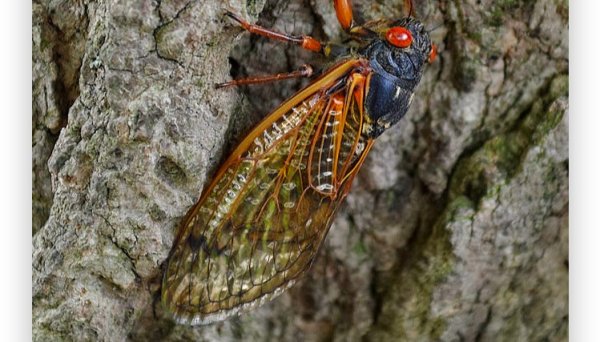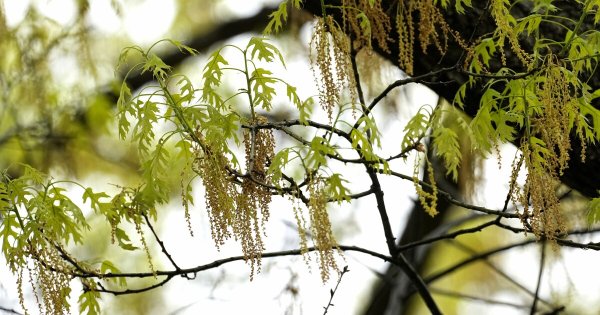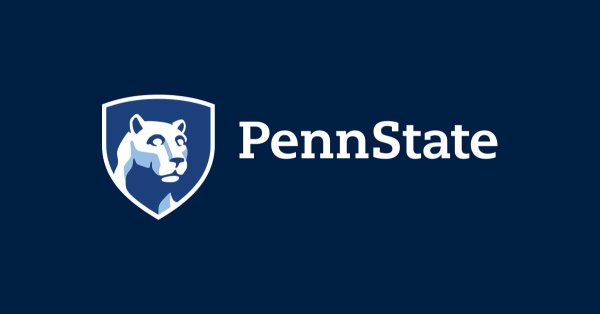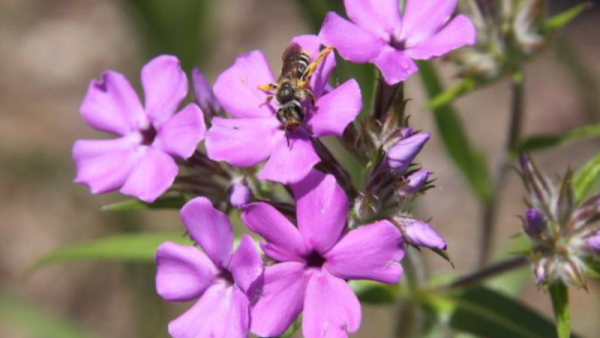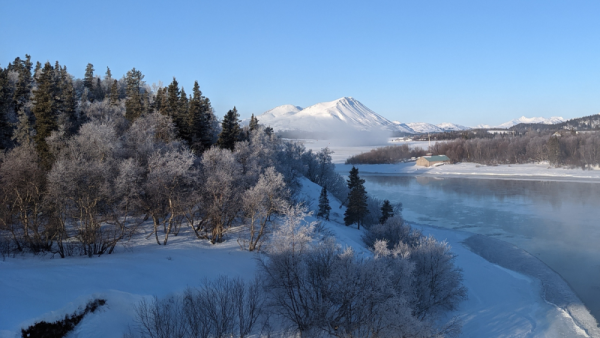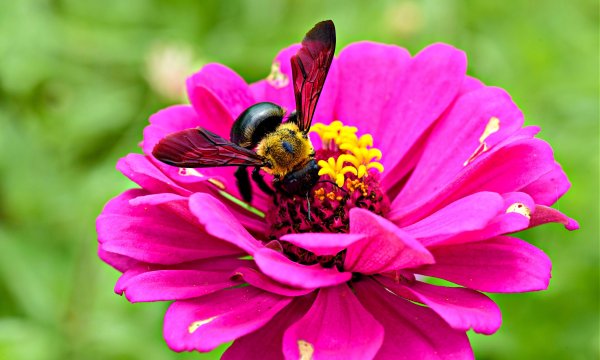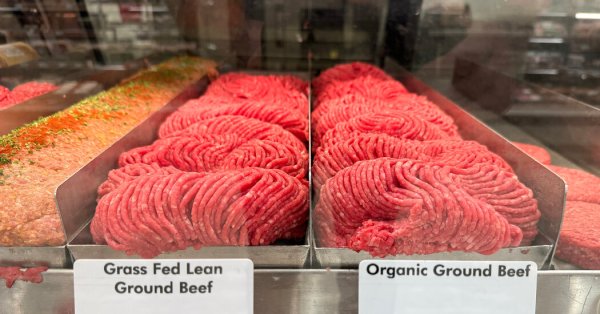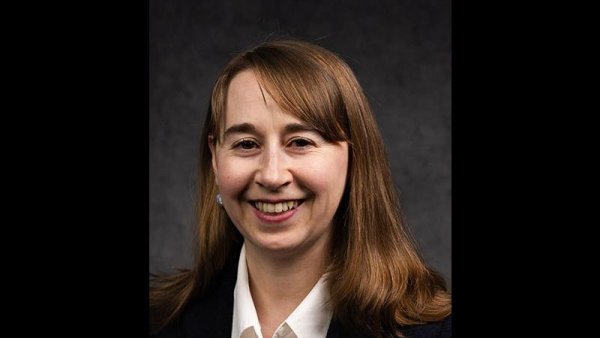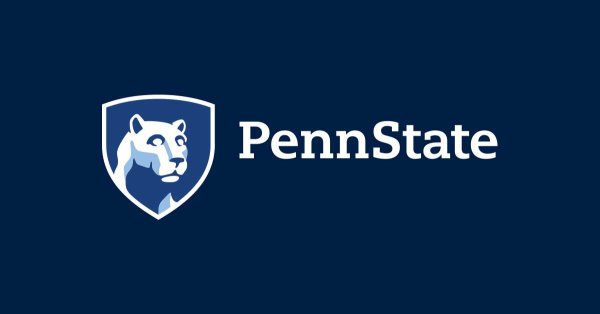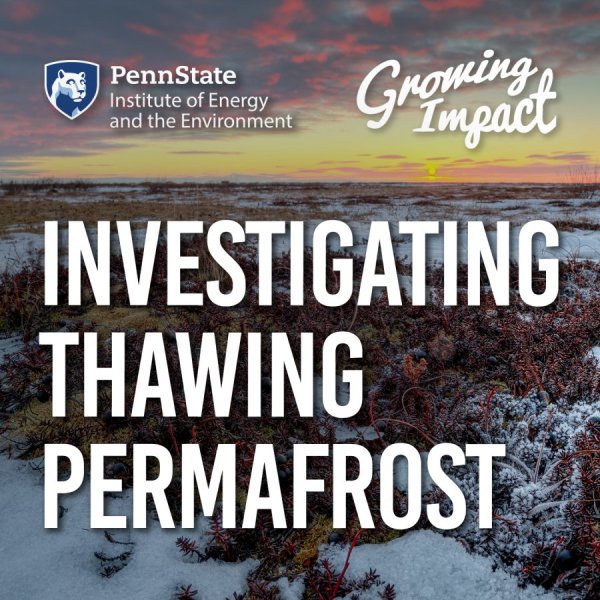A cicada apocalypse is coming this summer: Will Pennsylvania be spared the noisy invasion?
| ydr.com
For the first time in more than 200 years, two different broods of cicadas will emerge. This article quotes Michael Skvarla, assistant research professor of arthropod identification.
'Extreme' pollen counts, climate change fuel Pa. allergy misery
| wesa.fm
As warmer temperatures start earlier and last longer, pollen growth leads to more people suffering from allergy symptoms across Pennsylvania. This article mentions Penn State research.
May 15 webinar to address green infrastructure for healthy communities
| psu.edu
As communities grapple with issues such as stormwater management, flooding, urban heat loads and air quality issues, presenters during a May 15 Penn State Extension land-use webinar will discuss services provided by green infrastructure that can improve the quality of life, resilience, and environmental and human health in communities.
Penn State Climate Consortium adds two associate directors to leadership team
| psu.edu
Two interdisciplinary researchers have been named as associate directors for the Penn State Climate Consortium.
Improved wildfire smoke model identifies areas for public health intervention
| psu.edu
A new model combining wildfire smoke forecasts and ground-based data may help public health officials plan targeted interventions to protect communities vulnerable to unexpected smoke events and air pollution. A team led by Penn State researchers developed the model and published their findings in the Science of Total Environment.
Q&A: Should you skip #NoMowMay and #PlantMayFlowers instead?
| psu.edu
Two pollinator experts in Penn State’s College of Agricultural Sciences discuss No Mow May and whether there's a better alternative to help support pollinators and biodiversity.
Many people in the Arctic are staying put despite climate change, study reports
| psu.edu
A team led by Penn State researchers reviewed studies from the past 30 years to examine whether climate change is causing people to migrate out of the Arctic — or if, and why, they’re deciding to stay. They found that while individuals are not yet relocating due to climate change, at least one whole community has.
Bees' ability to withstand heat varies by size and sex
| earth.com
Researchers at Penn State discovered that larger squash bees, particularly males, demonstrate greater heat tolerance. This article features Penn State research.
E. Coli has been found in ground beef and walnuts. Here’s what to know.
| nytimes.com
The bacteria sickens an estimated 265,000 Americans each year. This article quotes Edward Dudley, professor of food science.
Becot named Nationwide Insurance Early Career Professor of Agricultural Safety
| psu.edu
Florence Becot recently was appointed Nationwide Insurance Early Career Professor of Agricultural Safety and Health in the Penn State College of Agricultural Sciences. She will oversee research, extension and academic programs in safety and health related to the agricultural and the biorenewable industries.
SustainaLions, new Employee Resource Group announced
| psu.edu
New Employee Resource Group to focus on educating, engaging and connecting with Penn State employees to promote and support sustainability across the University.
University to provide $10.2M to centrally fund faculty promotions in FY25, FY26
| psu.edu
As part of an ongoing commitment to investing in faculty and staff, Penn State will be contributing more than $4.8 million toward faculty promotions in the fiscal year 2024-25 budget and $5.4 million in fiscal year 2025-26. Along with support for tenure-line promotions, the University will now also fund non-tenure-line faculty promotions at all campuses centrally starting in fiscal year 2024-25 — meaning these promotions and salary increases will not be funded out of individual college, institute or campus budgets.

